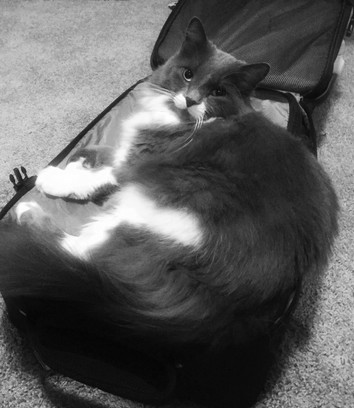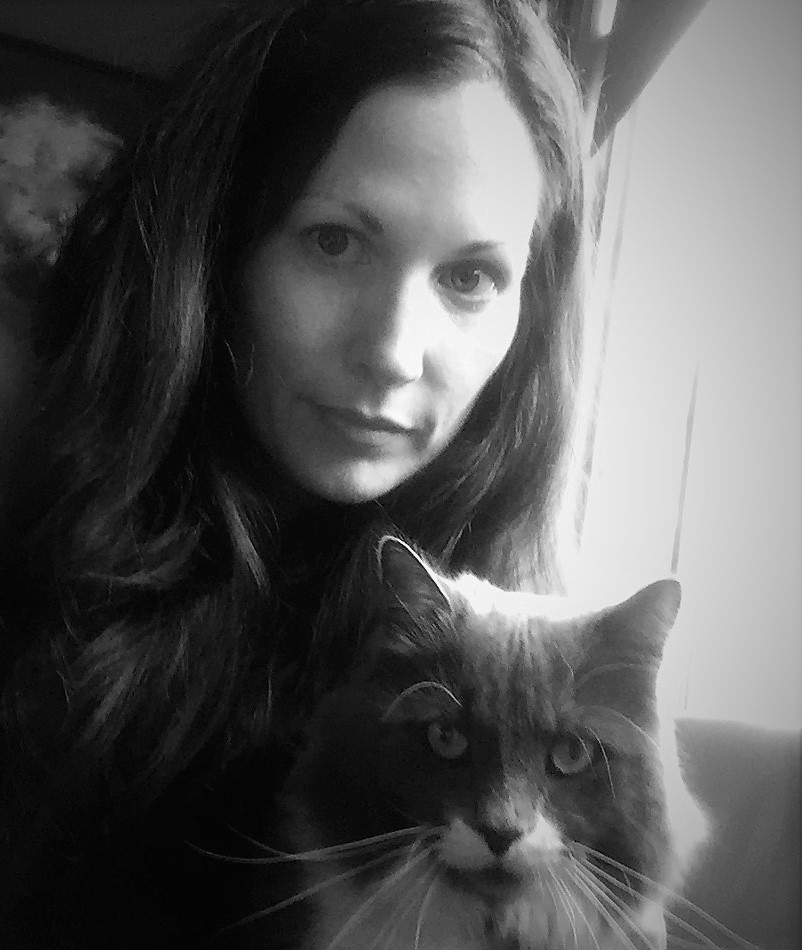|
The ups and downs of company trips. Within minutes of opening the carry-on bag to pack for a work trip, Kevin hops in and settles down for a nap. If only traveling was simple and relaxing. The late or early flights, waiting in airports during delays, long hours in stuffy boardrooms or convention halls, solo hotel dinners, and awkward timing for checking work emails, makes traveling for work nothing to be envied.
Work travel can be productive and fun. However, regular weekly trips become tiresome and pre-functionary. The upside, the change of environment - not being in the office - is nice break on the company's dime. That leads to the issue of what to expense and not expense. Expensing adult films in the hotel rooms and your third double at the bar are excessive if not unethical. No company should pay for your extra curricular activities unless it is a part of a work incentive strategy. In some underground corporate craziness I am sure strip club attendance isn't unheard of, but in respect of decent work environments, expensing the lap dance is not acceptable. Only the basics should be expensed - food, shelter, and transportation. If you are working away from the office weekly, using your time effectively is essential. Responding to emails as you are boarding the plane can lead to more issues as your concentration is divided between the person in front of you trying to shove their oversized carry-on bag with one hand into the overhead bin with their jacket hanging out to the side getting hooked on the arm rest and your client emailing for a breakdown of project resources. Only respond to emails that you can clearly and confidently answer without confusing results. Using your time at the airport to review documents or to project plan is productive if you are not constantly being interrupted. Working in your hotel room is also constructive. Although, the hours that you spend working during free time should be evaluated as after all-day workshops and flights can weaken your concentration leaving you unfocused. Traveling solo is hard on relationships and family. Taking trips only when really necessary can help keep you at home for longer periods. Having someone understand the elements of projects and why your attention is needed away from the office can ease the frustration at home. Not all partners share the same profession, so educating them on key aspects of your role can offer insight as to why work can distract you and take you away to travel. One-on-one conversations are needed during critical times on a project and can save the project time and money by having workshops to resolve current and future issues. When I travel, I look forward to the time to think on the plane or at the airport where I can contemplate my bucket list - which is why I work - to pay to remove items from my menu. There are also moments where I can sneak away on a trip and see something new or watch how another part of the world experiences their work day. Travel is not going away. Perhaps travel times and connectivity will change - be enhanced or become more efficient. Until we can comfortably hologram into boardrooms, face-to-face interactions will be required. Kevin will get booted from the carry-on bag at security, so I will have to take him out and de-fur the inside of my bag before I leave. When I return, Kevin will hop back into my bag while I try to unpack. As teleportation is a distant dream, removing cat hair from my travel bag now and then for work will have to do.
0 Comments
Leave a Reply. |
Author(s)Fiona Warren - 17 years experience with large high-profile projects and teams. Archives
April 2018
Categories |



 RSS Feed
RSS Feed